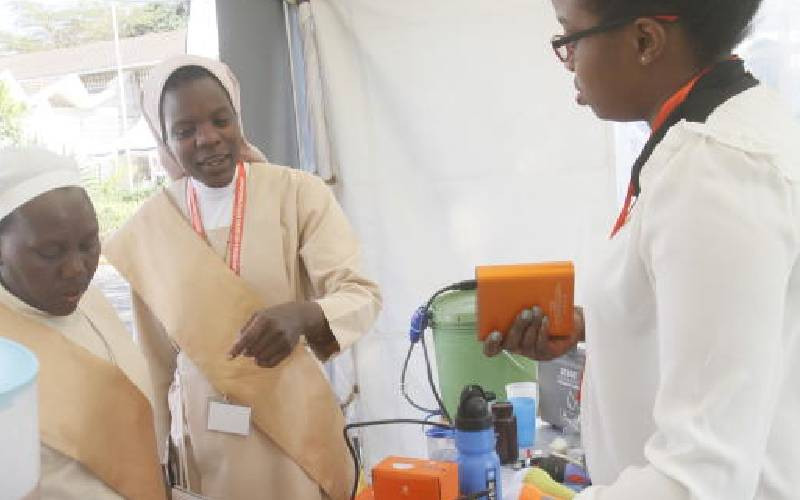×
The Standard e-Paper
Home To Bold Columnists

Simply put, collaboration is the "act of working together with other people or organisations to achieve something."
More often than not collaborations are premised on the idea of leveraging each other's strengths, networks, knowledge, etc. to create and implement a big, better idea, more outcomes and achieve broader impact otherwise not possible with one partner going it alone.